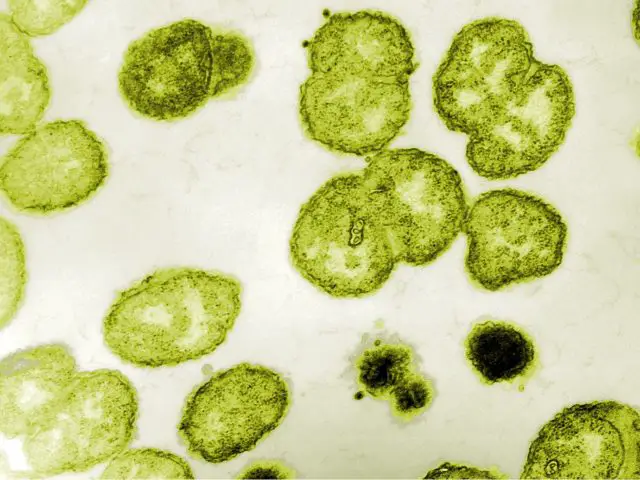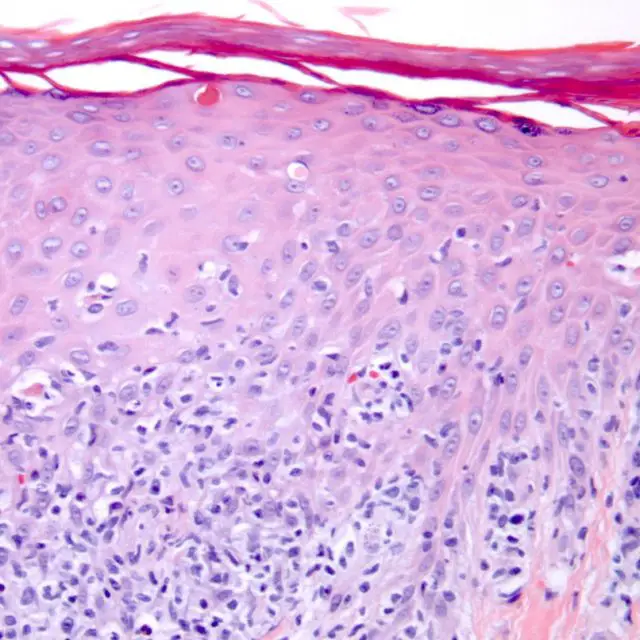5 five Most Dangerous STDs
Moderation in sexual contacts, preferably having safe monogamous relation, using condoms, disposing needles after single use when taking drugs and regular medical tests are general guidelines that will help you drastically reduce the risk of contracting a STD. Here is the list of the most dangerous diseases transmitted sexually.
1. Chlamydia
Although not the most dangerous sexually transmitted disease in general, Chlamydia is one of the most widespread infections and can lead to serious consequences if not treated properly.Anybody who practices unprotected sex can contract the infection as it is transmitted during vaginal, anal and oral contacts. However, if men act more as contractors and usually do not have any specific symptoms, women are likely to suffer from Chlamydia effects.

2. Gonorrhea
Gonorrhea is a common disease, transmitted during sexual intercourse, including vaginal, anal and oral contacts. It is most popular among young people, aged 15 to 24, and can cause various genital, rectal and throat infections.Gonorrhea has few symptoms which sometimes makes it difficult to diagnose the disease. Men may experience burning while urinating, white or yellow discharge from penis, pain in the testicles. Most women experience no symptoms at all, or may have mild painful sensations while urinating, as well as increased vaginal discharge.

3. Hepatitis
Hepatitis B and C are considered to be sexually transmitted diseases that lead to liver inflammation and, in serious cases, to death.The infection is quite similar to HIV virus as long as transmission is concerned. It is usually contracted via body fluids or blood, so you can easily obtain the disease while having unprotected sex with an infected person or sharing the needles while making any injections.

4. Syphilis
Unless treated timely and properly Syphilis can cause serious complications and, eventually, death. Combined with the fact that the infection is hard to diagnose, it makes Syphilis one of the most dangerous diseases transmitted sexually.Caused by Treponema Pallidum bacterium, the infection is normally contracted from the sores of an infected person during sexual intercourse, including anal, vaginal and oral sex. Syphilis is often called ‘a great imitator’ as is hard to distinguish from other STDs. The primary symptoms are typically not abundant and may look like small sores, minor cuts or bumps, normally appearing on genitals or mouth.

5. HIV/AIDS
HIV, or Human Immunodeficiency Virus, is undoubtedly the most dangerous sexually transmitted disease. Leading to AIDS (Acquired Immunodeficiency Syndrome), the virus is incurable and results in severe damage to immune system and, eventually, death.The virus itself is not lethal, however, it affects the immune system to the point that the body is unable to resist even minor infections and illnesses. The virus can be contracted via such body fluids as blood, vaginal and rectal fluids, semen, pre-semen fluid and breast milk. It is not passed through saliva or sweat. HIV is typically transmitted through sexual contacts, making it a STD, and via multi-person drug injections. Anal intercourse is the highest-risk sexual contact, which makes gay couples particularly susceptible to the virus. Vaginal sex comes next.

Despite its grave consequences, HIV can be prevented relatively easy. It is usually enough to use condoms during sex and not share needles while taking drugs to prevent HIV transmission. Having a limited number of sexual partners and trusting them plays a huge part in staying healthy, too. Do STD testing every now and then. Even if you catch the disease, the earlier you find out — the more chances you will have.
5 five Most Dangerous STDs
![]() Reviewed by boscyblog
on
15:15:00
Rating:
Reviewed by boscyblog
on
15:15:00
Rating:

No comments: